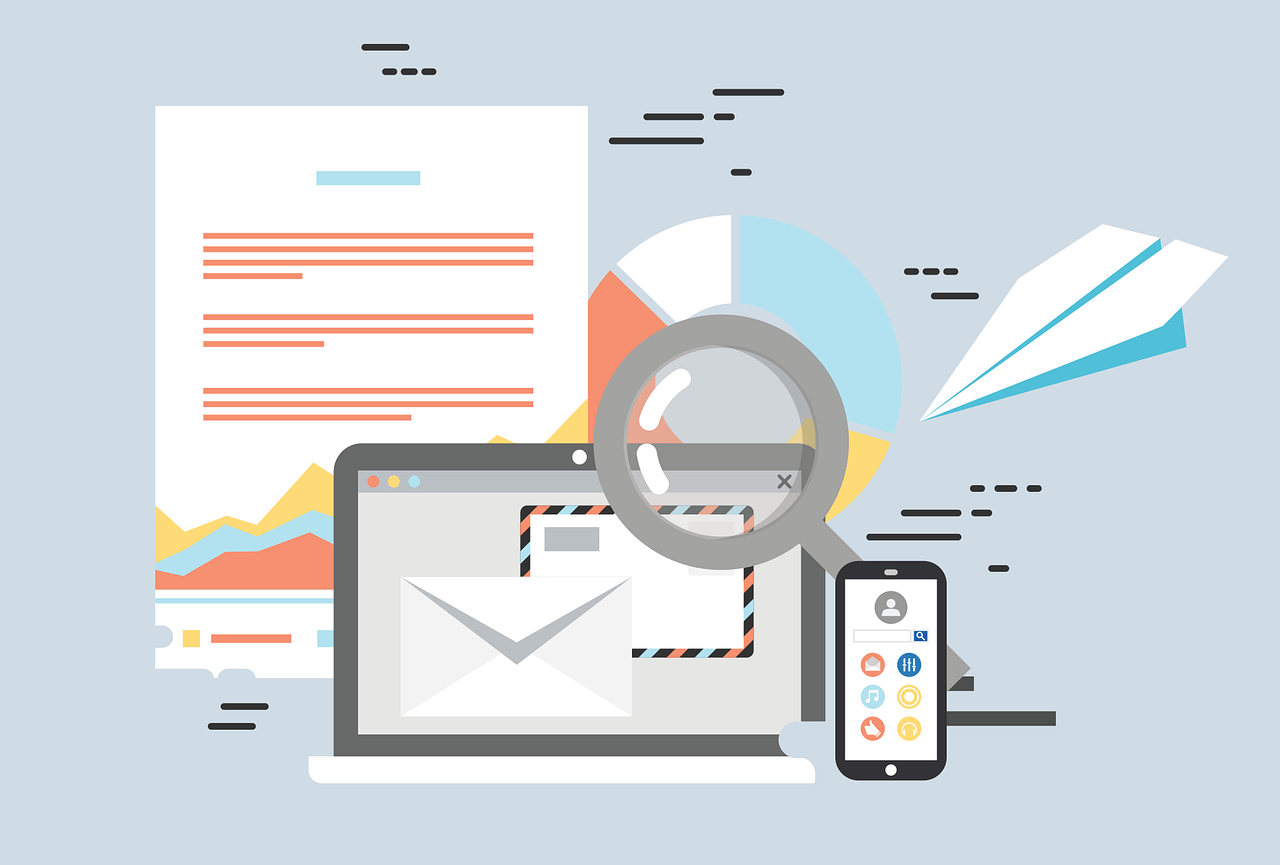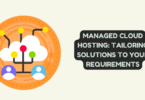
Marketing Automation
In today’s rapidly evolving digital landscape, marketing automation has emerged as a game-changing solution for businesses of all sizes. According to a study by VB Insight, companies that use marketing automation to nurture leads see an average increase of 451% in qualified leads. Plus, these businesses also experience a 20% increase in sales opportunities.
Looking at the stats, it’s no wonder that more and more companies are embracing marketing automation as a key part of their overall marketing plan.
What is marketing automation?
Marketing automation involves using software and technology to automate certain aspects of your marketing strategy, such as lead nurturing, email marketing, and social media advertising. By automating certain aspects of your marketing, you can streamline your marketing processes, save time and resources, and ultimately drive more revenue.
However, despite its proven effectiveness, many companies have not fully embraced marketing automation. And if your business is one of them, it’s high time you invest in this powerful technology.
But how do you get started?
Marketing automation must be on your radar if you’re a business owner looking to maximize your marketing efforts. With the right tools and strategies, marketing automation can help streamline your processes and drive significant growth for your business.
In this article, we’ll explore the latest marketing automation trends to help you stay ahead of the curve. From hyper-personalization to omnichannel marketing, we’ll cover all the latest techniques and tools to enhance your marketing campaigns.
With so many options available, it can be overwhelming to know where to start. That’s why working with experts who can guide you through the process is essential. Consider partnering with CraigMcConnel, an organic SEO consultant and SEO expert link-building professional. With his refined techniques and skills and unparalleled experience with AI, he can help take your marketing automation efforts to the next level.
Four Marketing Automation Trends You Should Know Of
Conversational Marketing
Conversational marketing is a customer-centric approach emphasizing engaging with customers through personalized, real-time conversations. By leveraging the power of artificial intelligence (AI) and chatbots, businesses can provide customers with a more personalized experience and build stronger relationships with them.
One of the biggest advantages of conversational marketing is that it allows businesses to create a more authentic and personalized experience for their customers. Instead of simply bombarding them with ads or mass emails, businesses can use chatbots, social media, and other tools to engage with customers more organically.
It allows companies to provide immediate assistance to customers, answer their questions, and guide them through the sales funnel in a more organic way. Conversational marketing is especially effective for businesses that rely on customer engagement and building relationships, such as e-commerce stores, SaaS companies, and other businesses that provide complex or high-value products or services. With conversational marketing, businesses can improve customer satisfaction, increase sales, and stay ahead of the competition in today’s fast-paced digital world.
Omni-channel Marketing
Omni-channel marketing is a strategy that seeks to provide a seamless and integrated customer experience across all channels and touchpoints. It includes everything from social media and email marketing to in-store experiences and customer support. By offering customers a cohesive and personalized experience, businesses can strengthen customer loyalty, improve engagement, and increase sales.
An effective omnichannel marketing strategy requires a deep understanding of your customer’s needs and behaviors and a robust technology infrastructure to track and analyze customer interactions across all channels. By leveraging data and analytics, businesses can gain valuable insights into their customers’ preferences, behaviors, and pain points and use this information to tailor their marketing efforts accordingly.
With omnichannel marketing, businesses can provide customers with a consistent and personalized experience, regardless of engagement. By providing customers with a unified and personalized experience, businesses can differentiate themselves from their competitors and build long-lasting relationships with their customers.
Hyper-Personalization
Personalization is tailoring marketing efforts to meet individual consumers’ needs and preferences. It’s all about creating a more personalized and engaging experience for each customer rather than using a one-size-fits-all approach.
With advances in data analytics and AI, businesses can gather and analyze more data than ever, allowing for even more sophisticated personalization. You can increase customer loyalty and drive repeat business by showing you understand their needs and preferences.
Personalization can take many forms, from simple tactics like using a customer’s name in an email to more complex strategies like recommending products based on past purchases. However, it’s important to balance personalization and privacy concerns.
Consumers expect a certain level of privacy and may be put off by overly intrusive or invasive personalization tactics. As such, businesses must be transparent and respectful in their personalization efforts.
Mobile-Optimized Experiences
In today’s digital landscape, a mobile-optimized experience is critical for businesses that want to remain competitive. With most online traffic now coming from mobile devices, optimizing your website and marketing efforts for mobile users is important. After all, most modern consumers use their mobile devices to browse the web, shop, and communicate with businesses, so marketers must create comprehensive mobile engagement strategies to drive growth.
A mobile-optimized experience requires a mobile-first design approach that considers the unique characteristics of mobile devices, such as smaller screen sizes and touch-based navigation. By implementing marketing automation, companies can ensure that these campaigns work cohesively and are personalized to each user.
As the use of mobile devices continues to grow, it will be crucial for businesses to collect and analyze data on their mobile users.
Bottom Line
Marketing automation is the way forward for businesses to streamline their marketing efforts and drive growth. With the right strategy and tools, marketing automation can revolutionize how you engage with your customers and drive your business forward.
From conversational marketing to hyper-personalization, these trends are shaping the future of marketing automation. By embracing the latest trends in marketing automation, you can stay ahead of the curve and deliver personalized campaigns that engage your audience across all channels.
As you embark on your automation journey, remember to prioritize a customer-centric approach and follow our tips for success.






